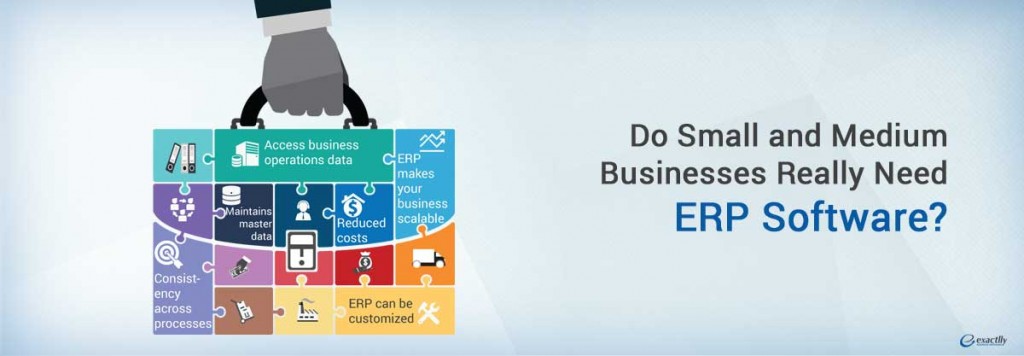Enterprise Resource Planning (ERP) Systems: A Comprehensive Guide
What is an ERP System?
An ERP (Enterprise Resource Planning) system is a comprehensive software solution that integrates various business processes into a single, unified platform. It provides a centralized repository for data and streamlines operations across different departments, enabling organizations to improve efficiency, reduce costs, and gain a competitive advantage.
Key Components of an ERP System
An ERP system typically consists of the following core modules:
- Financial Management: Manages financial data, including accounts payable, accounts receivable, general ledger, and cash flow.
- Human Capital Management: Automates HR processes, such as payroll, benefits administration, and talent management.
- Supply Chain Management: Optimizes supply chain operations, including inventory management, order fulfillment, and supplier relationships.
- Customer Relationship Management (CRM): Manages interactions with customers, including sales, marketing, and customer service.
- Manufacturing: Supports manufacturing processes, including production planning, scheduling, and quality control.
 .
.
Benefits of ERP Systems
Implementing an ERP system offers numerous benefits, including:
- Improved Efficiency: Streamlines operations and automates tasks, reducing manual labor and increasing productivity.
- Enhanced Data Accuracy: Provides a single source of truth for data, eliminating errors and inconsistencies.
- Increased Visibility: Provides real-time insights into business performance, enabling better decision-making.
- Reduced Costs: Automates processes and eliminates redundancies, leading to cost savings.
- Improved Collaboration: Facilitates communication and collaboration between different departments.
- Enhanced Customer Service: Provides a 360-degree view of customer interactions, enabling personalized and efficient service.
- Competitive Advantage: Enables organizations to adapt quickly to market changes and gain an edge over competitors.
 .
.
Disadvantages of ERP Systems
While ERP systems offer significant benefits, there are also some potential drawbacks:
- High Implementation Costs: ERP systems can be expensive to implement, requiring significant upfront investment.
- Complexity: ERP systems can be complex to implement and use, requiring extensive training and support.
- Customization Challenges: Customizing ERP systems to meet specific business needs can be time-consuming and costly.
- Data Security Concerns: ERP systems store sensitive data, so it’s crucial to implement robust security measures to prevent unauthorized access.
- Resistance to Change: Implementing an ERP system can disrupt existing processes and workflows, leading to resistance from employees.
Essential Information About ERP Systems
To fully understand ERP systems, it’s important to grasp the following key concepts:
- Cloud ERP vs. On-Premise ERP: Cloud ERP is hosted by a third-party provider, while on-premise ERP is installed on the organization’s own servers.
- Modular vs. Integrated ERP: Modular ERP systems consist of separate modules that can be implemented independently, while integrated ERP systems offer a comprehensive suite of modules that are tightly interconnected.
- ERP Implementation Lifecycle: The ERP implementation lifecycle typically involves planning, selection, implementation, and post-implementation phases.
- ERP Integration: ERP systems can be integrated with other software applications, such as CRM, SCM, and BI, to extend their functionality.
- ERP Best Practices: Implementing ERP systems effectively requires following best practices, such as involving stakeholders, defining clear goals, and managing change effectively.
FAQs About ERP Systems
1. What is the average cost of an ERP system?
The cost of an ERP system varies depending on the size and complexity of the organization. However, a typical range is between $100,000 and $1 million.
2. How long does it take to implement an ERP system?
The implementation timeline can vary, but on average, it takes between 6 and 18 months to fully implement an ERP system.
3. What is the ROI of an ERP system?
The ROI of an ERP system can be significant, with organizations reporting improvements in efficiency, cost reduction, and customer satisfaction.
4. How can I choose the right ERP system for my organization?
Consider your organization’s specific needs, industry, and budget when selecting an ERP system. Consult with vendors and industry experts to make an informed decision.
5. What are the common challenges faced during ERP implementation?
Common challenges include resistance to change, data migration issues, and customization requirements.
6. How can I ensure a successful ERP implementation?
Involve stakeholders, define clear goals, manage change effectively, and invest in training and support.
7. What are the latest trends in ERP systems?
Cloud ERP, mobile ERP, and artificial intelligence (AI) are emerging trends shaping the ERP landscape.
8. How can I integrate an ERP system with other software applications?
ERP systems can be integrated with other applications using APIs (Application Programming Interfaces) or third-party integration tools.
9. What is the future of ERP systems?
ERP systems are expected to continue evolving, with a focus on cloud computing, AI, and industry-specific solutions.
Conclusion
ERP systems play a vital role in modern business operations, enabling organizations to streamline processes, improve efficiency, and gain a competitive advantage. While ERP implementation can be complex and costly, the potential benefits often outweigh the challenges. By carefully assessing your organization’s needs, selecting the right system, and implementing it effectively, you can harness the power of ERP to transform your business.
Remember, choosing and implementing an ERP system is a significant investment, so it’s crucial to approach it strategically. Consult with experts, conduct thorough research, and ensure that you have a clear understanding of your organization’s requirements and goals. With the right ERP system in place, you can unlock the full potential of your business and drive success in the digital age.
 .
.

